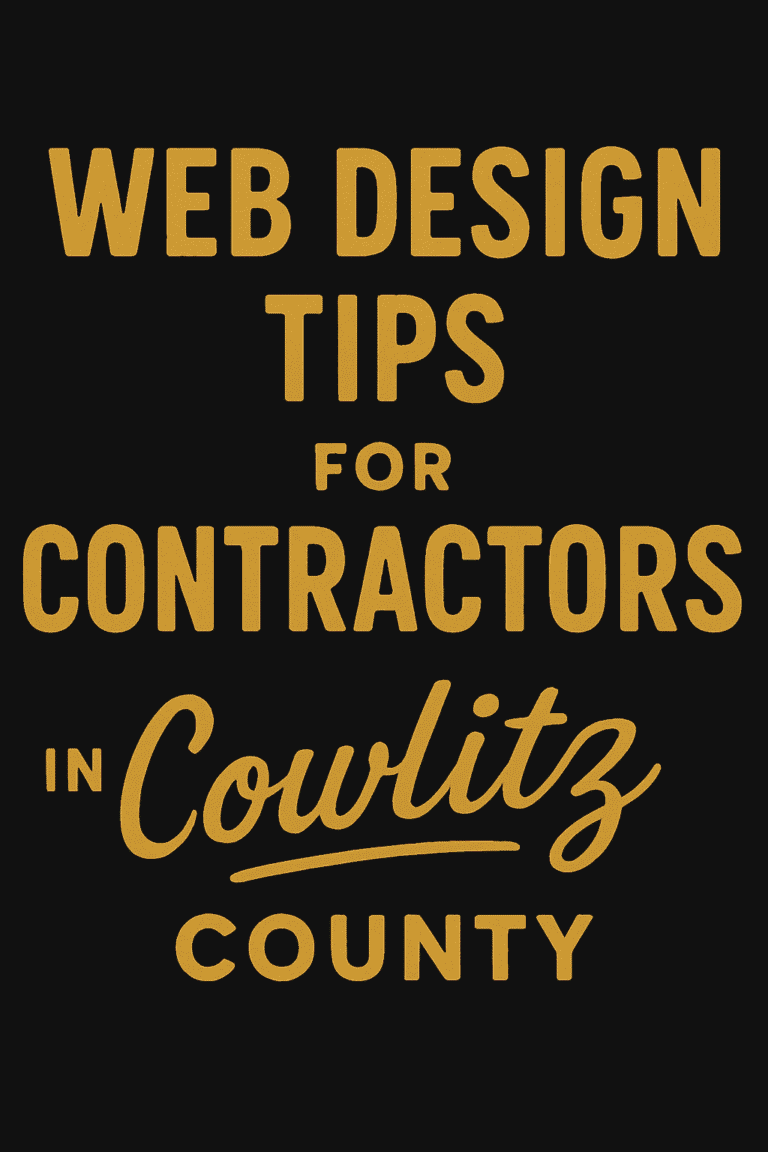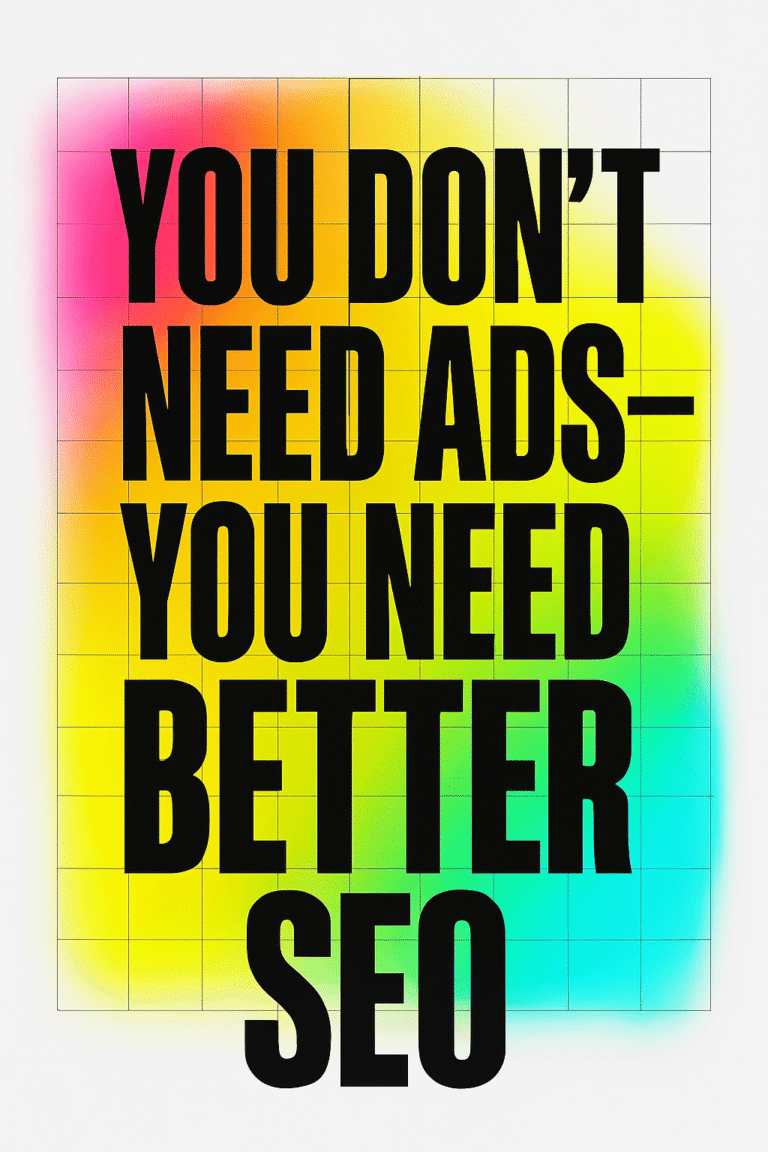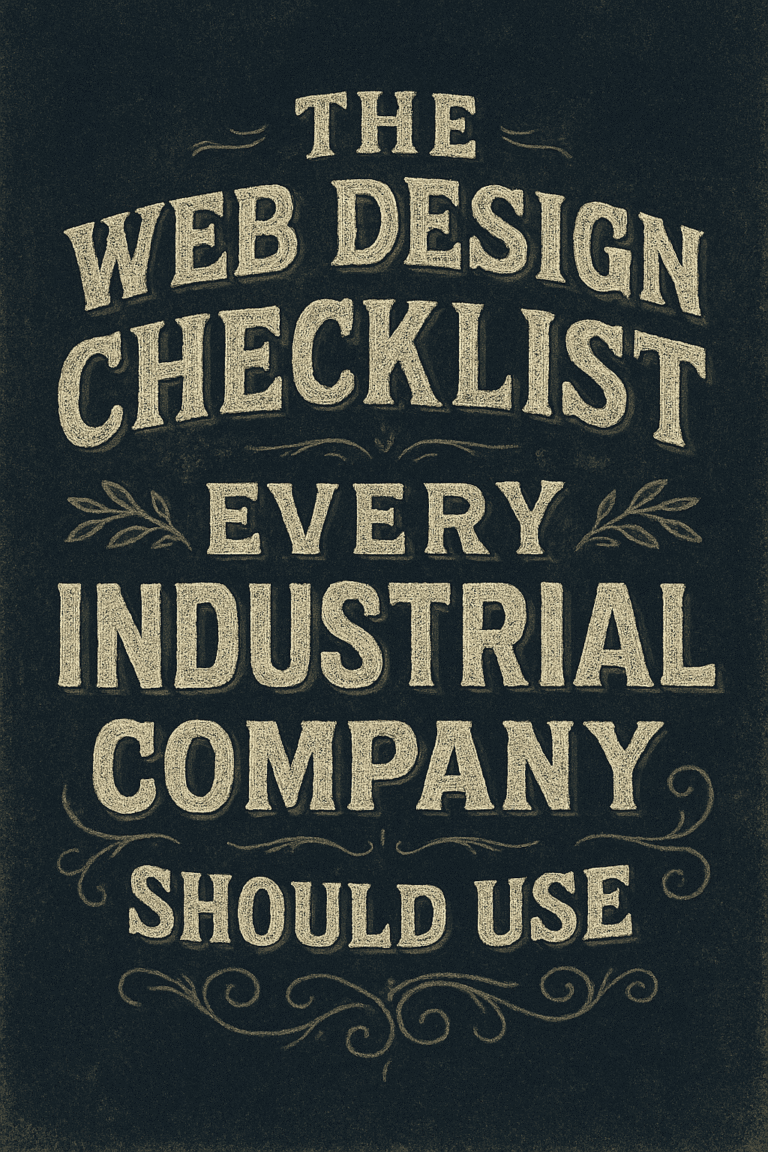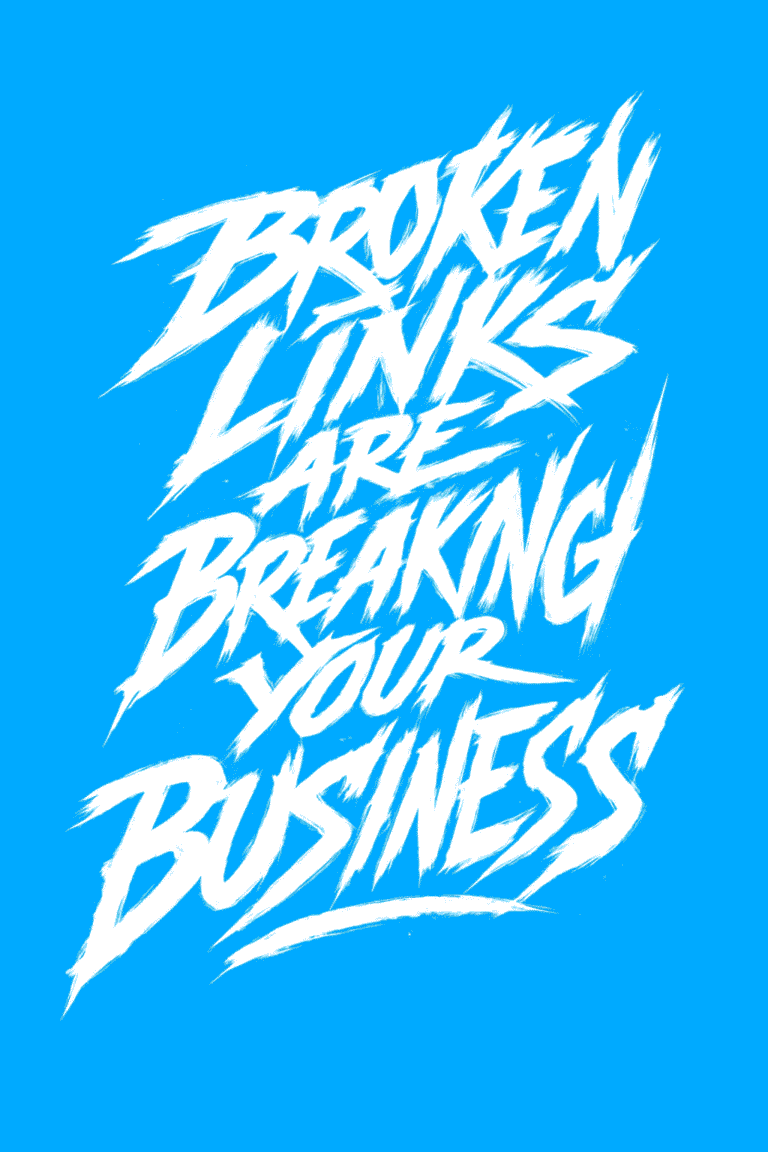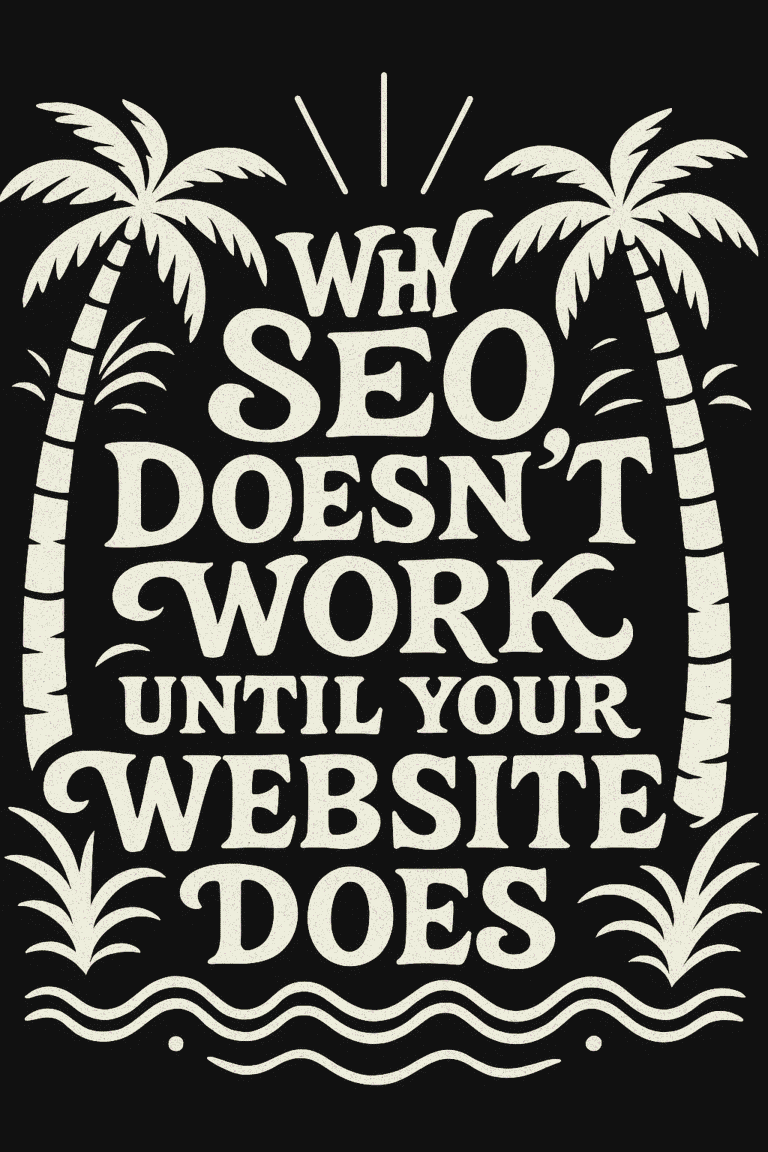
Do you have a website that just isn’t performing the way you want it to? Are you having trouble attracting new customers or clients online? If so, your website might be sluggish. A sluggish website can be caused by many different factors- from website design to coding issues and everything in between. In this blog post, we will discuss some of the most common causes of a sluggish website and how to fix them!
What are the symptoms of a slow website?
There are a few telltale signs that your website might be sluggish. If you notice any of the following, it’s time to take a closer look at your website’s performance:
- Your website takes a long time to load
- You’re losing website visitors before they have a chance to engage with your content
- Your bounce rate is high (bounce rate is the percentage of website visitors who leave after only viewing one page)
- Your conversion rate is low (conversion rate is the percentage of website visitors who take a desired action, such as making a purchase or subscribing to your newsletter)
What are some common causes of a slow website?
There are many different factors that can contribute to a slow website. Here are some of the most common:
- Hosting problems: If your website is hosted on a shared server, you might be sharing resources with too many other websites. This can lead to website performance issues.
- Too much content: A website with too much content can take a long time to load. If you have a lot of images, videos, or other large files on your website, this can also contribute to website slowness.
- There are too many HTTP requests: Each time a website visitor loads a page on your website, their browser has to send an HTML request to your server. If there are too many requests, this can slow down your website.
- Far too many ads: Ads are a necessary part of website monetization, but too many ads can be overwhelming for website visitors. This can lead to high bounce rates and low conversion rates.
- Unoptimized images: Images that are not properly optimized for the web can take a long time to load. Make sure your images are the right file size and format for the web.
- No caching: Caching is a process that stores website data in temporary files so it can be quickly accessed the next time a website visitor loads your page. If your website is not cached, this can lead to slow loading times.
- Poor website design: A website that is poorly designed can be difficult to navigate and may take a long time to load.
- Coding issues: If your website’s coding is not up to date, this can lead to performance issues.
- Not utilizing a CDN: A content delivery network (CDN) can help to improve website performance by caching your website’s content on servers around the world.
How can I speed up my website?
Now that we’ve discussed some of the most common causes of a sluggish website, let’s talk about how to fix them!
Hosting problems
If you’re sharing a server with too many other websites, you might need to upgrade to a dedicated server or cloud hosting. This will give you more resources and can help to improve website performance.
Different types of hosting:
- Shared hosting: Shared hosting is the most common and affordable type of web hosting. With shared hosting, your website shares resources, such as bandwidth and storage space, with other websites on the same server.
- Dedicated hosting: Dedicated hosting is a step up from shared hosting. With dedicated hosting, your website has its own server. This means you don’t have to share resources with other websites, and you have more control over website performance.
- VPS hosting: VPS hosting is a type of web hosting that offers many of the benefits of dedicated hosting without the high price tag. With VPS hosting, your website shares a server with other websites, but each website has its own virtual private server. This means you have more control over website performance than with shared hosting, but you don’t have the same resources as with dedicated hosting.
- Cloud hosting: Cloud hosting is a type of web hosting that uses a network of servers to host websites. This can be beneficial for website performance because it offers more resources and flexibility than other types of web hosting.
Too much content
If your website has too much content, you might need to simplify your website design. This can help to improve website performance by reducing the amount of content that needs to be loaded.
There are too many requests
If there are too many requests, you might need to reduce the number of files that are being loaded. This can be done by reducing the number of images, videos, or other files on your website. You can also try to optimize your website’s code so that fewer requests are made.
Far too many ads
If you have too many ads, you might need to consider changing your website monetization strategy. This can help to improve website performance by reducing the number of ads that are being loaded.
Unoptimized images
If your website’s images are not properly optimized for the web, you might need to resize or compress them. This can help to improve website performance by reducing the file size of the images.
No caching
If your website is not cached, you might need to enable caching on your website. This can help to improve website performance by storing website data in temporary files so it can be quickly accessed the next time a website visitor loads your page.
Poor website design
If your website is poorly designed, you might need to redesign your website. This can help to improve website performance by making your website easier to navigate and faster to load.
Coding issues
If your website’s coding is not up to date, this can lead to performance issues. Outdated code can be slow to execute and can cause errors on your website. You might need to update your website’s code to the latest version to fix these issues.
Incompatible plugins
If you are using incompatible plugins, this can lead to website performance problems. You might need to find compatible plugins or update the ones you are using.
Too many redirects
If there are too many redirects on your website, this can lead to website performance problems. You might need to reduce the number of redirects on your website.
Third-party scripts
If you are using third-party scripts, this can lead to website performance problems. You might need to find alternatives to the scripts you are using.
These are just some of the many causes of a sluggish website. By identifying the cause of your website’s slowdown, you can take steps to fix the problem and improve website performance.
Not utilizing a CDN
A content delivery network (CDN) can help to improve website performance by delivering website content from servers that are closer to the website visitor. This can help to reduce website loading times.
Bonus Website Speed Tips
Use a website performance monitoring tool to help identify website speed issues:
Tools like Pingdom or GTmetrix can help you to identify website speed issues. These tools will show you how fast your website loads and what factors are affecting website performance.
Make sure your database is optimized
If you are using a content management system (CMS) like WordPress, make sure your database is optimized. This can help to improve website performance by reducing the amount of time it takes to load your website’s content.
gZip compression
Enabling gZip compression on your website can help to improve website performance by reducing the file size of your website. This can help to reduce website loading times.
Disable hotlinking
Hotlinking is when another website links to your website’s images or other files. This can lead to increased bandwidth usage and can slow down your website. You can disable hotlinking by adding a few lines of code to your website’s .htaccess file.
Improve server response time
Your website’s server response time is the amount of time it takes for your website to start loading. You can improve server response time by optimizing your website’s code and using a faster web host.
Lazy loading
Lazy loading is a website performance optimization technique that can help to improve performance by loading website content as it is needed. This can help to reduce website loading.
Serve videos from a third-party platform
If you are using videos on your website, you can improve website performance by serving them from a third-party platform like YouTube or Vimeo. This can help to reduce website loading times.
Deferring JavaScript
If you have JavaScript code that is not needed immediately, you can improve website performance by deferring it. This can help to reduce website loading times by delaying the loading of JavaScript until it is needed.
Concluding thoughts
There are many causes of a sluggish website. By identifying the cause of your website’s slowdown, you can take steps to fix the problem and improve website performance.
Are you unsure of where to start or what the problem might be? If so, we can help. Our team at Graticle has years of experience diagnosing and fixing sluggish websites. We can take a look at your website and tell you exactly what is causing it to run slow and how we can fix it. Contact us today – we would love to hear from you! Call (360) 450-3711.
—
Frequently asked questions about website speed
How important is website speed?
Website speed is important for a variety of reasons. It affects your search engine ranking, conversion rate, and user experience. A slow website can cost you visitors and customers.
How can I test my website speed?
There are a number of website speed testing tools available, including Google’s PageSpeed Insights, Pingdom, and GTmetrix.
What are some common causes of a slow website?
There are many potential causes of a slow website. Here are some of the most common:
- Poor server response
- Large, unoptimized images
- Too much JavaScript or CSS
- Lack caching
- Poorly coded themes and plugins
How can I fix a slow website?
There are a number of ways to speed up your website. Here are some common solutions:
- Optimize images
- Minimize JavaScript and CSS
- Use caching
- Enable compression
- Upgrade to a better hosting plan
